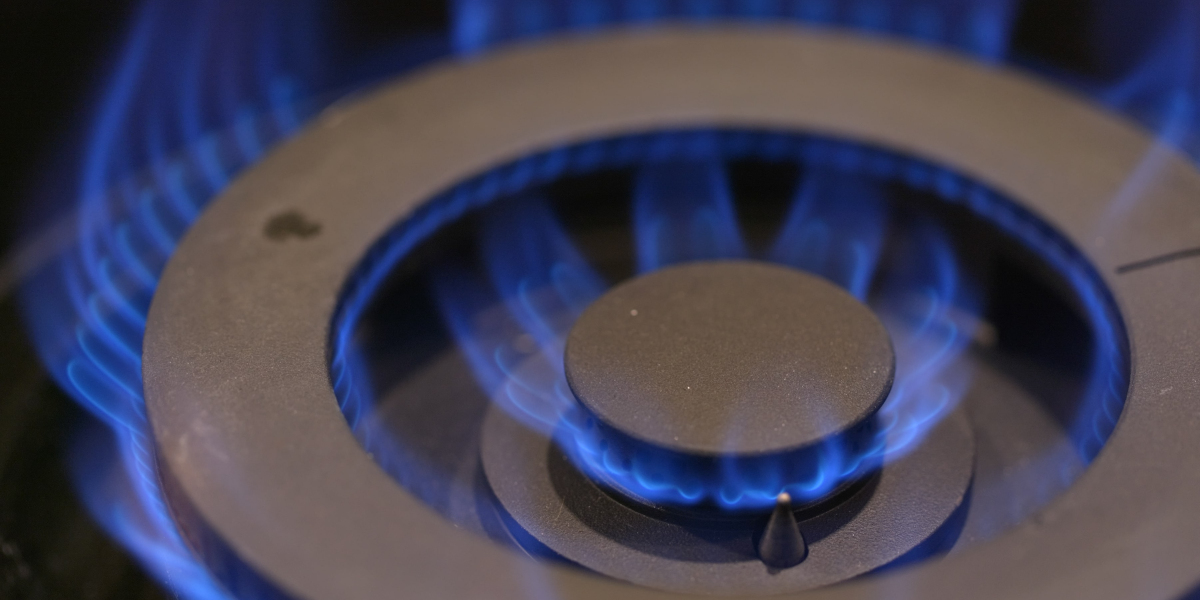A gas safety certificate is a document that contains all the tests and inspections that an engineer performs on your gas appliances. These inspections can to reduce the risk of carbon monoxide poisoning in your home.
Landlords are required by law to conduct these inspections on an annual basis. They must also be conducted by a Gas Safe registered engineer.
What is an Gas Safety Certificate (GSC)?
A gas safety certificate is an official document that proves that all the appliances and installations within your home have been examined by a certified engineer to make sure they are safe to use. Gas appliances and flues should be inspected by a qualified engineer each year. This is a legal requirement to ensure that carbon monoxide poisoning is not a problem and to avoid other serious accidents. Landlords who don't comply with these regulations are subject to fines or even criminal prosecution.
 Before issuance of the document, gas engineers conduct a thorough inspection to determine the state of all appliances and installations. The document will indicate whether the appliances and installations passed or failed, as well as any recommendations for further actions. The name and address of the landlord will be listed on the certificate along with a date when the test was conducted.
Before issuance of the document, gas engineers conduct a thorough inspection to determine the state of all appliances and installations. The document will indicate whether the appliances and installations passed or failed, as well as any recommendations for further actions. The name and address of the landlord will be listed on the certificate along with a date when the test was conducted.Gas safety certificates are available in two types that are domestic and non-domestic. The first one is for residential properties, such as homes, studios and flats. The second one is for commercial properties like warehouses and offices. Both certificates need to be renewed annually and the engineer will provide the details of every appliance they have inspected.
Who is eligible for an inspection for gas safety? The answer is anyone who rents out a home with any type of gas appliance or installation. This includes private homeowners, housing associations, local authorities, hotels and hospitality venues, as well as schools. Landlords must inspect their properties and provide the latest Gas Safety Record to their tenants. They are legally accountable for making sure that their tenants are secure in their homes, whether they rent or own them.
If you own a property and employ an agent managing the care of your property, then it is important to ensure that they're the ones who plan the annual service and gas safety checks. A managing agent cannot let you out of the legal obligation to have the property tested, and to give your tenants the Gas Safety Record.
It's not a requirement for homeowners to keep gas safety records. However, they can be useful when selling a home. Buyers will want to see proof that the appliances were maintained and are safe. The TA6 form that is a part of the conveyancing procedure is also a requirement for a record of gas safety and it's a good idea have one prior to selling.
Who needs needing a Gas Safety Certificate?
Gas Safe registered engineers will be required to check any gas appliances or pipework in the domestic or commercial property. This includes landlords, building owners and some tenants who live in a building that is managed by an agency managing the building.
Landlords have a number of legal obligations, and one of them is to ensure that all flues, appliances, and fittings are inspected and certified safe by a Gas Safe engineer every 12 months. This is known as a Gas Safety Certificate or CP12 and is a crucial element of any rental property. It is illegal for landlords to rent out any property without this document.
While homeowners don't have to comply with the same legal requirements as landlords are required to follow, it's a good idea for them to undergo an annual gas Safety Check once a year. This will keep their boiler in good condition and will highlight any issues that require fixing.
The head of the gas safety certificate will usually include the name and registration number of the person who conducted the inspection, as well as any other relevant identifiers. The certificate will also list all appliances that were tested and will indicate whether they were successful or not. If appliances are deemed unsafe, they are marked as Not Compliant(NCS) or Immediately Hazardous (ID) and At Risk (AR).
This document is then issued to the homeowner after the service has been completed and is best kept safe for future reference. It is usually recommended for homeowners to carry this with them when selling their home, as it can assure potential buyers that the property is safe to use gas.
What is Included in the contents of a Gas Safety Certificate?
A gas safety certificate will include the complete list of all the gas appliances and infrastructure an engineer has checked. It also contains information about the engineer, including their name and Gas Safe Register ID number. The document will usually begin with a header listing the date and location of the inspection. The document then lists the appliances that were inspected, their condition, and any safety issues or actions taken.
The gas safety certificate contains information about the property where the inspection was conducted, along with the information of the landlord or managing agents. The certificate should include an address, a postcode and any identifiers which distinguish different properties. It also contains the name of the engineer as well as Gas Safe Register ID number, as well as their signature.
Landlords are required to conduct regular gas safety inspections in their rented properties. This is to ensure that all of the gas appliances and pipes are safe to use and that there are no leaks or other dangers that could pose a danger for the occupants. The engineer will sign the certificate if an appliance is unsafe. There are three codes that signify the safety rating of an appliance that are immediately dangerous (ID) At Risk (AR) or Not to Current Standards (NCS).
It is important for landlords to keep their gas safety certificates up to date, as they may be legally required when selling the property. As part of their due diligence, prospective buyers may request the records and use them to identify any issues they must be able to fix prior to buying the property.
Landlords can arrange for an appointment for a Gas Safety Inspection with an Gas Safe registered Engineer, or they can do it themselves by using our user-friendly platform. We recommend arranging the Gas Safety Check at least once every 12 months, to make sure that all appliances are in good working order and are not posing any danger to the people living in the premises.
It is not the responsibility of tenants to get a gas safety certification or have their appliances inspected. It is the landlord's responsibility, who must arrange an annual inspection and issue gas safety certificates to their tenants.
How Much is a Gas Safety Certificate Cost?
Gas safety certificates are legally required for landlords to must obtain to ensure the safety of their rental properties. The cost of a safety test for gas appliances is different in accordance with the size of your home, location and the number of appliances.
It's important to communicate with your tenants and inform them when the inspection will occur to ensure that they are prepared for it. It's also helpful to explain the reason to allow access to allow the engineer to perform the check. Some tenants are hesitant to allow access due to the belief that it is an invasion of privacy or they might be at risk if they don't allow the engineer to examine the fireplace, boiler or other appliances. It's worth reminding them that it's a legal requirement and could also lead to being fined or even criminal charges if they don't permit access if a problem with your appliance is found, such as carbon monoxide poisoning.
When the gas engineer is finished carrying out the inspection after which they will send you a copy of your gas safety certificate. The certificate will contain the date and the contact information of the engineer as well as your address for the property. It will also include the list of all the appliances and installations that were examined. The report will also list the appliances or installations that failed the test, as well as any work required.
A Gas Safe certificate will usually be a standard black and white document, and your engineer will send you the certificate for each appliance or installation that they have inspected. It is recommended to keep this certificate to refer to in the future and you'll also have to provide a copy to your tenants.
The gas engineer will provide you with a copy the Gas Safety Record, which will be valid for 12 months from the date of inspection. You must renew your Gas Safety Certificate prior to its expiration. You should also provide a copy of it to any new tenants that move in.



